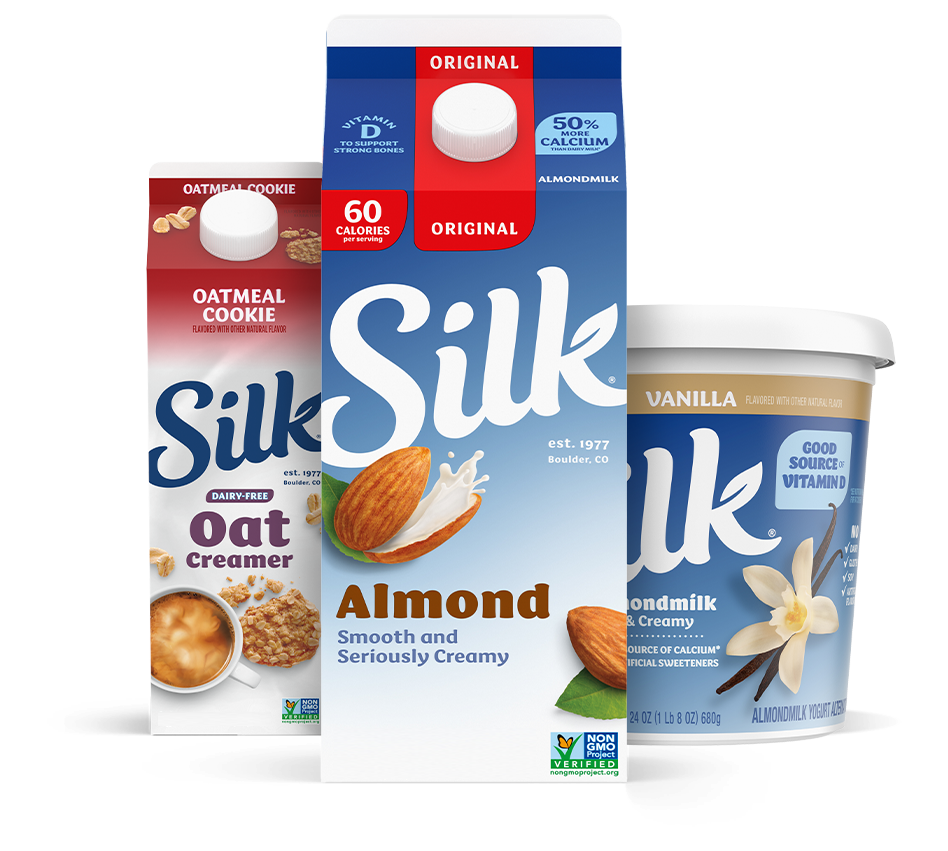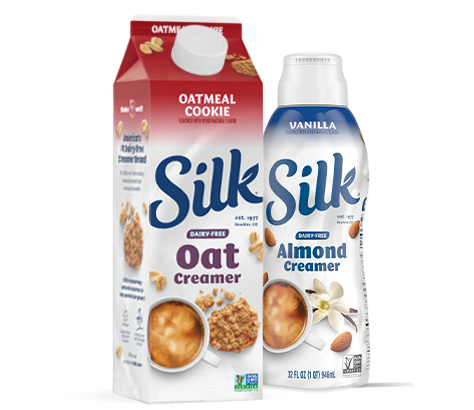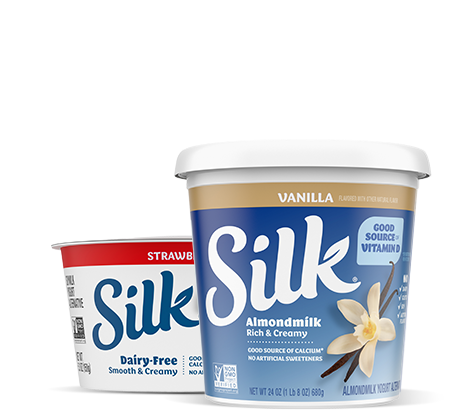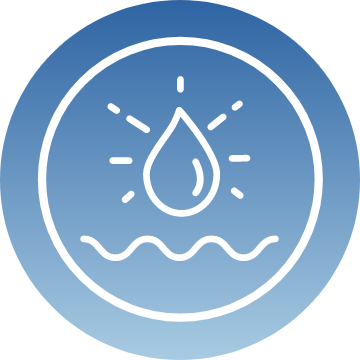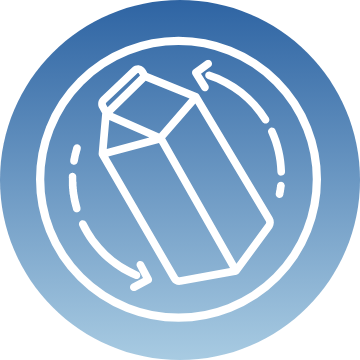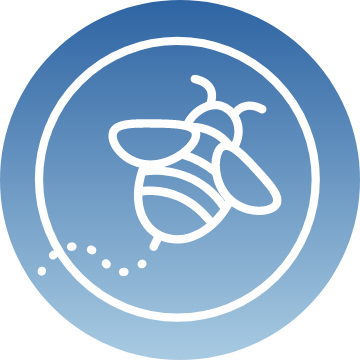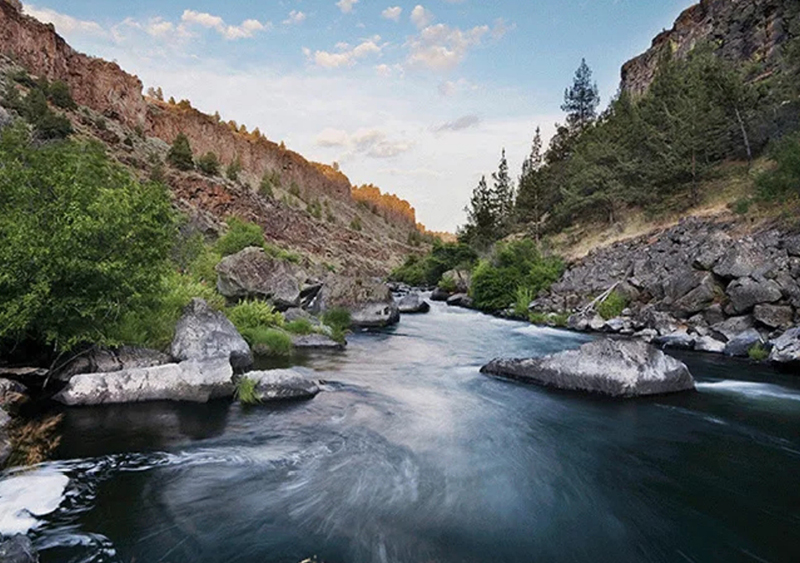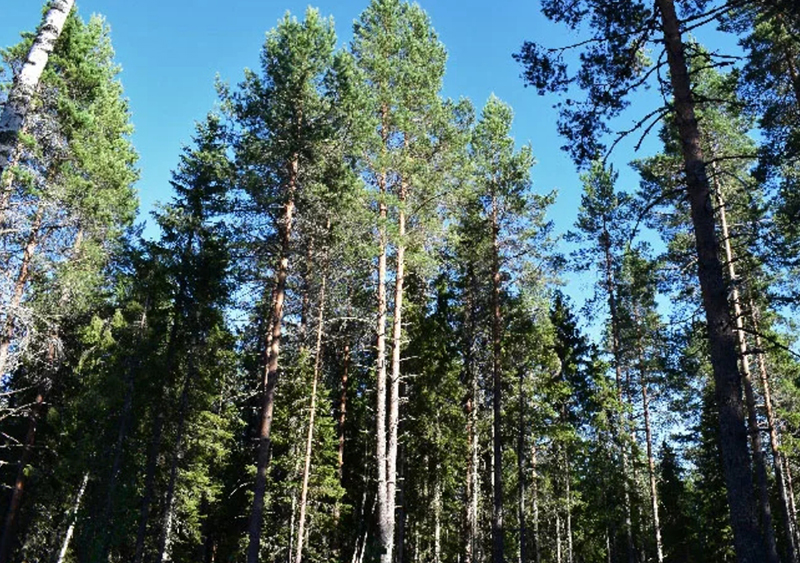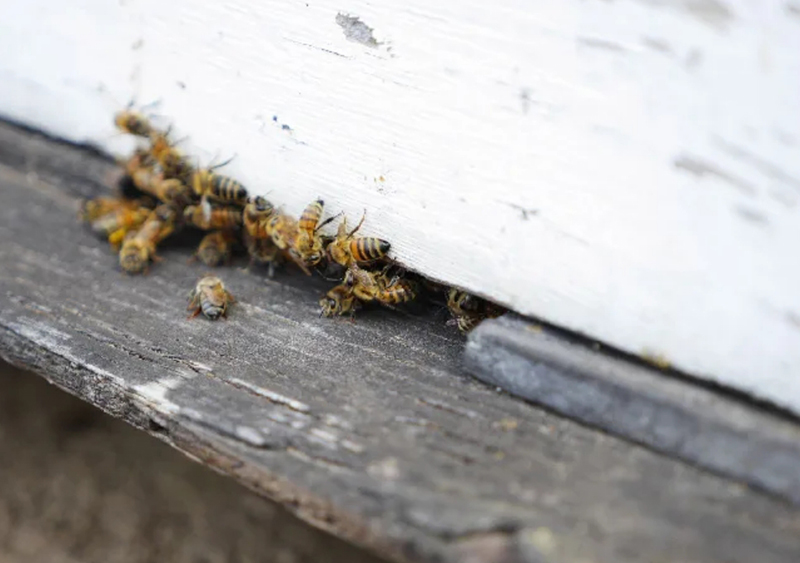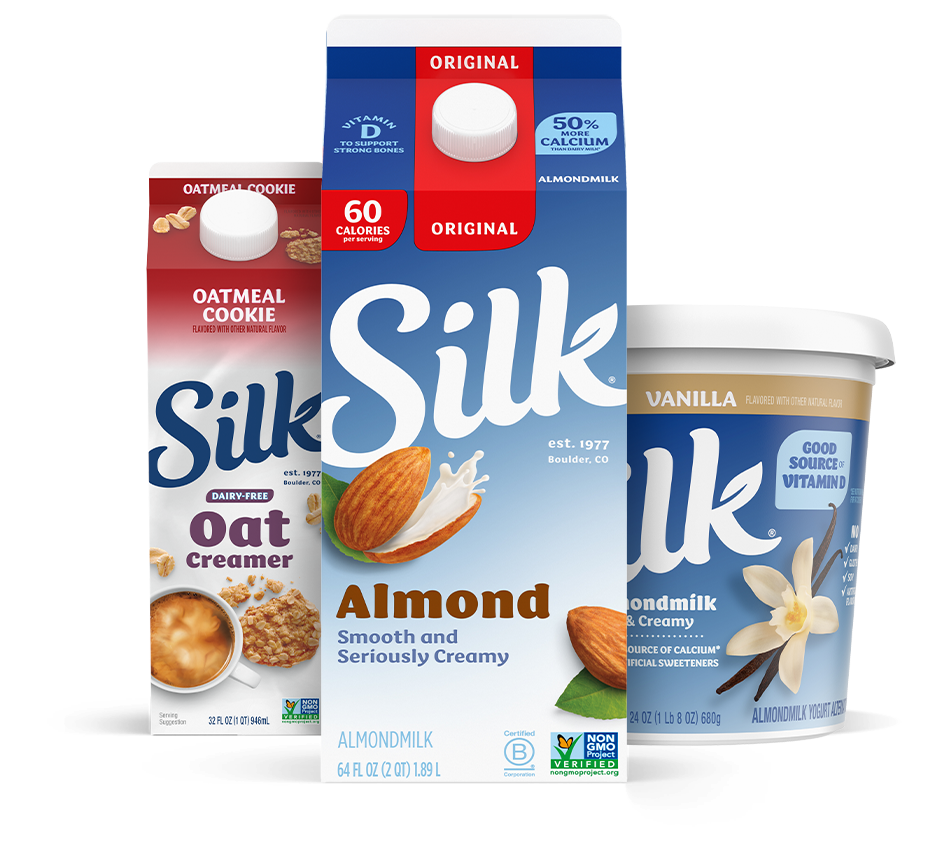Climate crises. A challenged food system. In a world calling out for
change, we’re taking action to care for our
planet and our farmers. Silk
products are made with thoughtfully sourced ingredients. For example,
we
partner with our almond
and soy farmers to
implement sustainable
agriculture practices that
work in harmony with
nature, support
biodiversity,
and help restore the
environment.
Silk plant-based beverages already have a lower carbon
footprint on average than US conventional dairy milk.1 Our
heart’s in the long
game, which is why we protect our planet
through projects like water restoration, sustainable
agriculture, and manufacturing with renewable energy.2
Photo by Robert Warren, provided courtesy of Bonneville
Environmental Foundation
Conserving water
We’re about more than that moment you crack
open a carton of creamy Silk. (Don’t get us a wrong,
it’s a good moment.) But we care about more than
that signature smooth taste. Take water, for
instance. We balance
all the water used in our
owned manufacturing facilities to make our
products, restoring it back to nature. And since
2009, Silk’s water partnerships—like our partnership with Change the Course to help preserve the ecological health of key areas like the Colorado River basin—have restored more than 11.6 billion gallons of water to freshwater ecosystems.3
Packaging & recycling
Think all cartons are the same? Think again.
Sourcing matters. That’s why we’re actively working toward using only paperboard that’s certified by the Forest Stewardship Council to make our cartons. Cool, right? Learn more at us.fsc.org. What about when you’ve enjoyed every last drop inside the carton? Well, the
carton gets a second life—if you recycle it. All of our cartons, creamers bottles and plant-based yogurt cups are designed to be recyclable. Just follow the How2Recycle® instructions on the pack—and keep it out of the landfill. You can check your local recycling rules to see if beverage cartons and polypropylene cups are recycled: Recycle Check.
Helping bees & other pollinators
Love our almondmilk? Thank a bee! Bees and
other pollinators make the food world go
‘round.
All of our orchards use
progressive farming
practices to support pollinators and their
habitats.* We have partnered with family
-owned almond orchards in our supply chain to
plant or maintain more than
1,700 acres of
flowering, native California plants. In addition
to supporting bees, these native plants also
support songbirds, butterflies, and other
wildlife.
1 From ISO 14040/44/46 independently reviewed 2024 Life Cycle Assessment based on 2022 product data comparing cradle-to-grave footprint average of Silk plant-based beverage to US whole dairy milk. Average Silk footprint based on footprint of Silk conventional half gallon and 59 ounce beverages on the market as of September 2024, excluding almond-coconut blend, weighted by 2023 production volumes.
2 100% of the electricity used to manufacture our products at our owned facilities comes from renewable sources through purchasing RECs and sourcing from PPAs.
3 Silk is a charter sponsor of Change the Course, a Bonneville Environmental Foundation program, and over the last 14 years has supported more than 30 restoration projects, helping to restore over 11.6 billion gallons of water.
*100% of direct sourcing almond
orchards are under Bee Friendly practices or Bee Better certifications. Danone also supports Pollinator Partnership to promote healthy pollinator habits across farms in California.

